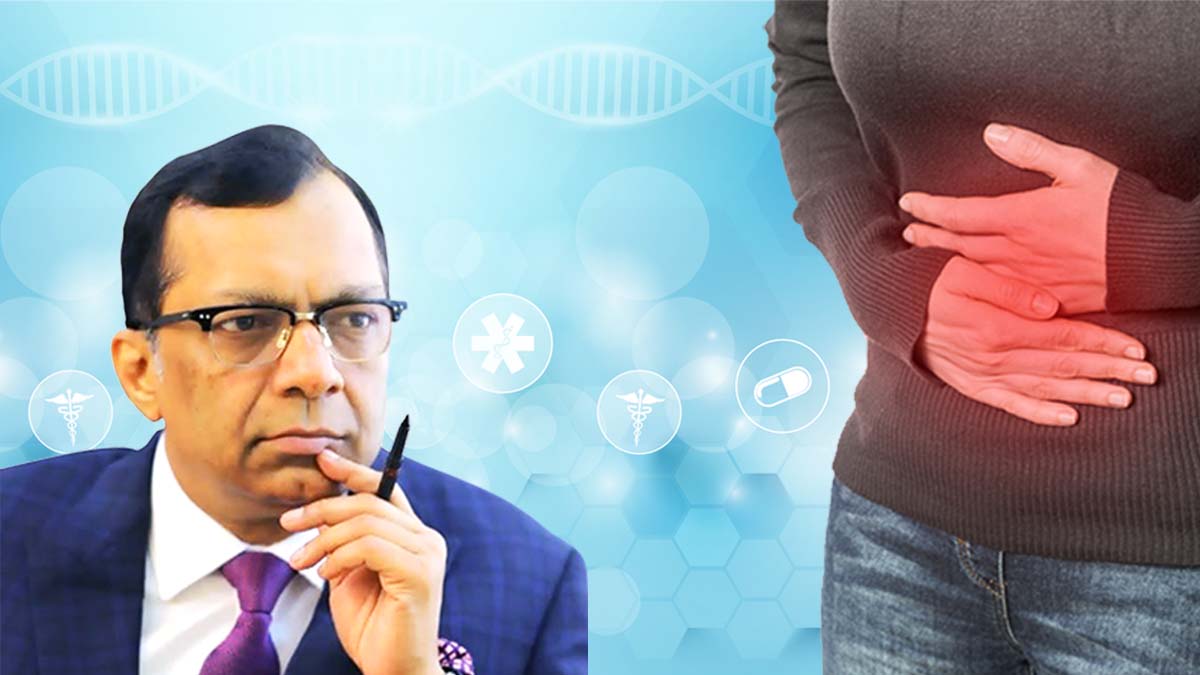Irritable bowel syndrome (IBS), previously known as spastic or nervous colon, is a common gastrointestinal disorder affecting between 10 and 20 per cent of people all over the world. “Every fifth to tenth individual is suffering from irritable bowel syndrome. However, it is not a fatal or precancerous disease,” says Dr Mahesh Goenka, Director, Institute of Gastro Sciences and Liver Transplant, Apollo Multi Speciality Hospitals, Kolkata.
Characterised by symptoms that include, but are not limited to, abdominal pain and inconsistency of bowel movements, IBS should not be taken lightly, advises Dr Goenka. IBS primarily affects younger people and can significantly lower the quality of life, which can hamper productivity by leading to a loss of working hours for those suffering from it.
A series of other conditions such as anxiety, depression and regular bouts of fatigue usually accompany IBS, which can persist over a period of time, often years. According to Dr Goenka, IBS is “mutli-factorial -- it may be genetic or caused by stress or dietary reasons.”
He added that “following a gastrointestinal infection, which can be viral or bacterial, there may be an episode of IBS. This is known as post-infectious IBS. In the last one-and-a-half years, we have also realized that some patients of Covid-19 may have an episode of IBS after recovery.”
IBS is considered to have two components, depending on whether diarrhoea (loose motion) or constipation (reduced stool formation) is common among patients. In both cases, “there is abdominal discomfort or pain, usually in the lower abdomen, and this is associated with an alteration in bowel habits,” explains Dr Goenka.
The diagnosis for IBS takes place on the basis of clinical tests and established international criteria. “IBS can be mimicked by many other disorders such as cancers, tuberculosis, colitis and so on… So, when an individual comes to us, we may have to do preliminary tests to rule out infections. This may include a stool test and blood test. However, in patients who have symptoms like weight loss, bleeding rectum and irregular sleep, we may do a more detailed investigation involving a colonoscopy or scans of various types,” Dr Goenka points out.
There are two types of solutions for IBS. The first, and the most important one, is to “reassure the individual that it’s not a fatal or precancerous disease… to make the person feel relaxed.” The second consists of “changes in dietary habits and elimination of food items that are rich in fructose, such as apple, sweeteners, cauliflower or other carbohydrate-rich foods. Some exercise, including yoga, may also be recommended, along with the use of tranquilisers. When it comes to specific drug therapy, it is only applicable once IBS is divided into various sub-types.”
Depending on whether IBS is constipation predominant, diarrhoea predominant, or pain predominant, drugs may be altered or adjustments may be required in the gut to bring down the pain.
“Overall, IBS is a common disorder that requires diagnosis and reassurance. Drugs must be administered on the basis of symptomatology along with suggestions for dietary modifications,” concludes Dr Goenka.











